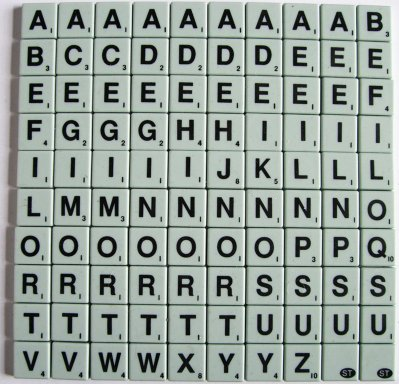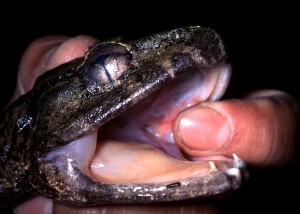
This week, we got another great example of how science stories are often misinterpreted by the media. Articles in the Calgary Herald, Global News, and MSNBC all touted a new Canadian study which they say shows that ‘Scrabble makes you smarter.’ If this sounds too good to be true, that’s because it is. (To their credit, the folks at CBC appear to have done their homework.) However, the study’s real conclusion is no less interesting: it provides further evidence that the human brain can re-wire itself even into late adulthood.
The first step in getting past media hype is to look at the peer-reviewed article itself. (Happily, the good folks at Memory and Cognition have been kind enough to make this particular work open access, thanks guys!) From the abstract:
The results of a series of cognitive assessments showed that the Scrabble players and control participants differed only in Scrabble-specific skills.
